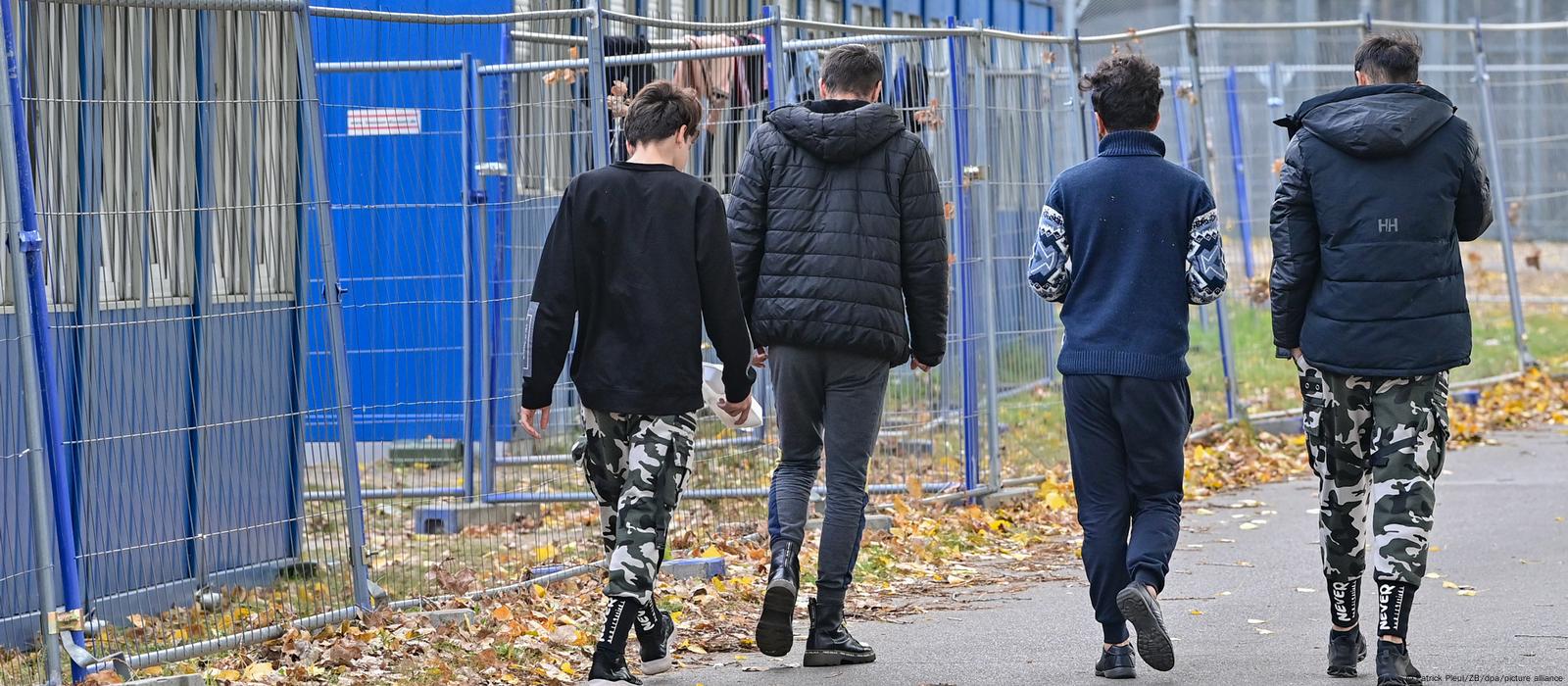An investigative report by David Zagones on a daily news website sheds light on the challenges of integrating Ukrainian refugees into the German labor market. It highlights that many refugees prioritize learning German before seeking employment, with a significant number attending language courses up to five times a week. However, despite these efforts, a majority still rely on social benefits to meet their living expenses.
The investigative report uncovered a significant challenge facing Ukrainian refugees: a substantial portion are unable to secure employment sufficient for self-sustainability. It exposes a reliance on employment statistics categorized by nationality. The Federal Employment Agency, as the report reveals, employs a statistical method that distorts the actual number of working refugees. Analysis of population and employment data since February 2022 indicates that the pre-war influx of Ukrainians aged 15 to 64 stood at 735 thousand, a figure that surged by 114 thousand following the Russian conflict. Notably, only 15.7% of this demographic have secured jobs eligible for social insurance.
The report highlights that 25% of Ukrainian refugees are unemployed, with an additional 5% engaged in part-time work. However, these figures may not accurately reflect the situation, as many Ukrainians prioritize language courses to improve their prospects in the German-speaking labor market. Moreover, significant shifts in Ukrainian employment in Germany occurred prior to the Russian conflict in February 2022.
According to Marella Falkenhain from the Institute for Employment Research, the low percentage of Ukrainians in the labor market is primarily due to their preference for learning the language first, following the approach of “learn German first, then look for a job.” Most Ukrainians follow this approach, which affects labor market statistics, as results only appear later.
Six months ago, Federal Minister of Labor and Social Affairs Hubertus Hill announced the goal of enabling Ukrainian refugees to obtain employment in the context of the “Rapid Action” program. Hill called on employment agencies to be in constant contact with refugees. He also called on companies to hire refugees who have a basic knowledge of the German language.
Western Energy Company prioritizes the employment of highly skilled refugees, emphasizing the necessity of proficiency in German to facilitate effective communication among colleagues. Language skills are honed daily within the company. By crafting a tailored program for refugees, the company not only attracts adept workers but also commits to supporting them over a two-year period, including providing job-specific language courses to foster self-sufficiency in their roles. As a result of these efforts, the company has been nominated for the Skilled Workers Award bestowed by the federal government.





